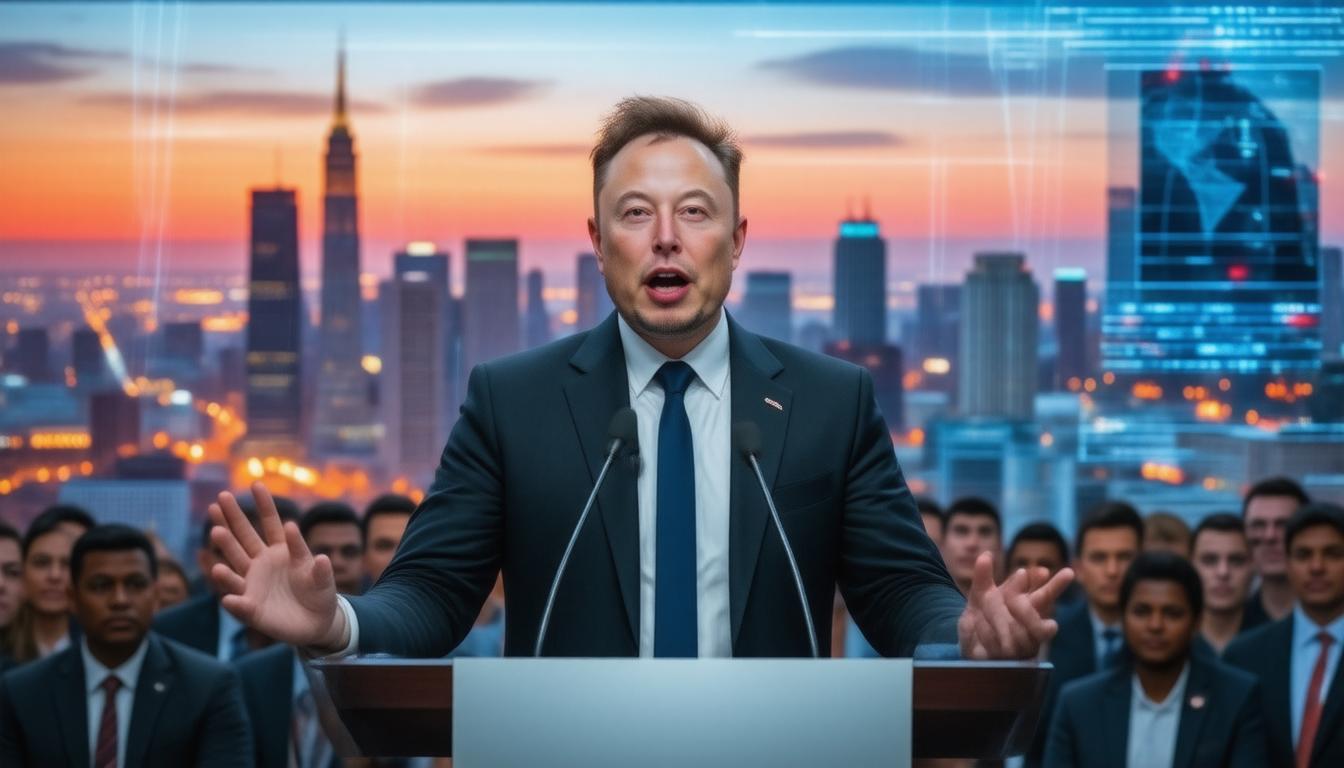In a whirlwind of controversy, billionaire entrepreneur Elon Musk has recently taken center stage by alleging systemic fraud within the federal government during an appearance in the Oval Office alongside President Trump.
Musk’s bold claims pertain to his findings from the newly established Department of Government Efficiency, where he insists that numerous government officials are engaging in corrupt practices.
While Musk’s statements advocate for transparency and accountability, they also raise serious questions regarding their validity, as concrete evidence remains unsubstantiated.
In this article, we delve into the implications of Musk’s allegations, explore the potential impact on government reform and accountability, and assess the ongoing discourse surrounding these sweeping accusations.
Key Takeaways
- Elon Musk has accused federal government officials of corruption and fraud during a public appearance with President Trump.
- His claims about systemic issues lack substantive evidence, raising questions about their validity.
- Musk advocates for increased transparency and reform to combat what he describes as entrenched bureaucratic power.
Overview of Musk’s Allegations Against Government Officials
In a recent appearance in the Oval Office with President Trump, Elon Musk made significant allegations regarding government inefficiencies and corruption.
Speaking from his newly created Department of Government Efficiency, Musk claimed that there exists widespread fraud and waste within federal institutions.
He accused numerous government officials of engaging in corrupt practices, such as accepting kickbacks, while maintaining excessive personal wealth in their roles.
Shockingly, Musk alluded to the possibility that some individuals receiving Social Security checks could be as old as 150 years, suggesting that these recipients might actually be deceased.
Despite his assertions, Musk did not present any evidence to back his claims, which raised eyebrows among critics.
He positioned his mission as one of transparency, promising that his team’s findings would be made available online, although he struggled to provide concrete proof during his statements.
Throughout the discussion, President Trump expressed his support for Musk’s initiatives, which Musk framed as essential steps toward restoring democracy by dismantling established bureaucratic systems.
This bold announcement from Musk has sparked considerable debate about the reliability of government operations and the need for reform.
Implications for Government Reform and Accountability
The implications of Musk’s statements are profound, suggesting a call for systemic reform within government operations.
With public trust in federal institutions waning, many consumers might find Musk’s claims resonate with their own frustrations regarding inefficiencies and perceived misconduct.
The emphasis on transparency could reflect a growing demand among citizens for clearer accountability measures and detailed oversight of public spending.
Advocates for reform may argue that rigorous auditing practices and enhanced regulations are necessary to address these urgent issues.
Furthermore, Musk’s insinuations about age discrepancies in Social Security recipients could ignite conversations about eligibility criteria and the accuracy of records, prompting lawmakers to reevaluate existing policies.
Overall, this dialogue is crucial in highlighting the need for ongoing government reform and the role of accountability in safeguarding taxpayer interests.











